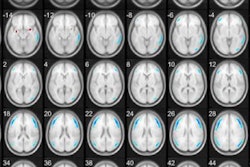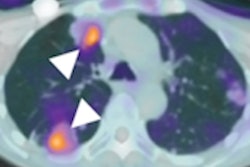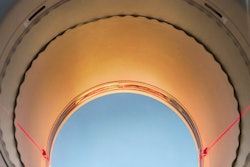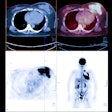Dear Molecular Imaging Insider,
Recent discoveries in atherosclerosis suggest imaging approaches using FDG and other PET radiotracers may improve the risk stratification of patients and early monitoring of disease progression or response to therapy.
In this edition's Insider Exclusive, we bring you a story on research by University of Pittsburgh investigators who call for additional trials to establish PET immunometabolic imaging as a precision medicine tool in noninvasive plaque characterization.
The versatility of PET and the development of new radiotracers, as well as novel applications of existing ones, has been on display in other important recent news stories:
- A study by University of Arkansas for Medical Sciences researchers, who maintain one of the largest FDG-PET/CT image databases in the U.S., found that FDG-PET/CT scans can help detect major depression in cancer patients.
- PET imaging with a carbon-11 glutamine radiotracer appears to be a safe and effective method for detecting metastatic colorectal cancer.
- An experimental radioligand called BU99008 may be effective for visualizing early pathological signs of Alzheimer's disease.
- The accuracy of FDG-PET/CT has been shown to be superior to MRI and CT alone for detecting metastases in patients with squamous cell carcinoma of the oral cavity.
- A study by German researchers using FDG-PET scans and cognitive function tests showed patients with chronic COVID-19 who have neurological impairment had not yet returned to normal after six months.
In other news, a survey study looked at the state of affairs for women and minorities in nuclear medicine, while Dutch researchers questioned whether there is a way to stem the declining numbers of residents pursuing the specialty in Europe and the U.S.
Finally, PET/MRI is now considered not just a comparable modality to PET/CT but also one that is poised to change clinical practice in its own right. But will it live up to its promise? A panel of international researchers discussed just that at ECR 2021.
Be sure to check back regularly for more news in your Molecular Imaging Community!





















